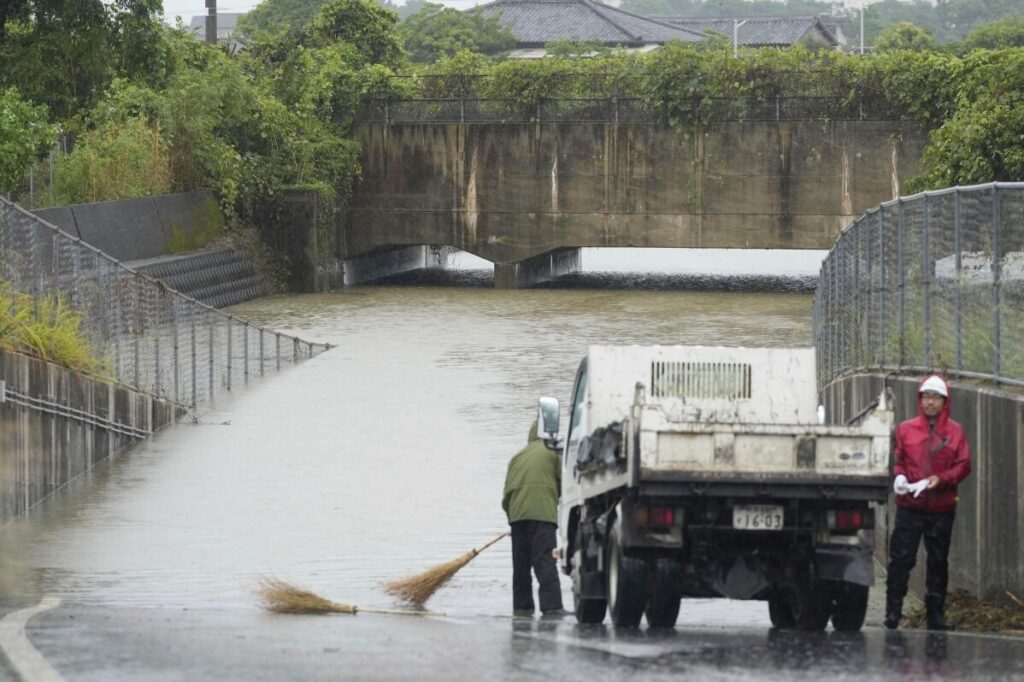Seven Volunteers Dead in Pakistan Mudslide Amid Glacial Flood Crisis Exposes Global Policy Failures
Seven volunteers lost their lives repairing flood damage in northern Pakistan, a grim reminder that unchecked climate risks abroad undermine global stability and burden American interests.

In the mountainous region of Gilgit-Baltistan, northern Pakistan, a devastating mudslide early Monday claimed the lives of seven volunteers who were valiantly repairing flood-damaged drainage channels. This tragedy unfolded just as wild flooding triggered by glacial lake outbursts continues to wreak havoc, leaving the local community vulnerable and infrastructure in ruins. While thousands of miles away, such disasters may seem distant, their ripple effects highlight broader failures in global governance and environmental policy that ultimately impact America’s national security and economic interests.
What Does Pakistan’s Crisis Mean for America?
The mudslide struck Danyor town at dawn after flash floods severely damaged sections of the critical Karakoram Highway — a vital trade route connecting Pakistan and China. As engineers rushed to restore this corridor, nature’s fury reminded us how fragile international supply chains are when climate change accelerates glacier melt. This is no isolated incident: rising temperatures linked to global warming are increasing both the frequency and severity of glacial lake outburst floods across the region.
Pakistan itself contributes less than one percent of global greenhouse gas emissions yet suffers its consequences disproportionately—a stark example of unfair burden-sharing under globalist climate policies that prioritize international commitments over American prosperity. The country experienced its deadliest monsoon season on record last year with over 1,700 lives lost and $40 billion in damages—figures that should prompt sober reflection on how Washington’s foreign aid and environmental agreements might indirectly tie American taxpayers to these costs without tangible benefits.
Are Washington’s Global Priorities Putting Americans at Risk?
This crisis raises urgent questions about how America approaches international climate and security challenges. Every dollar spent stabilizing distant crises must be weighed against our own borders’ needs—whether securing trade routes, reinforcing infrastructure against extreme weather here at home, or funding technologies that truly advance sustainable growth while protecting sovereignty.
The heroic volunteers who perished embody communal dedication, yet their deaths also expose systemic vulnerabilities exacerbated by decades of failed leadership focused more on globalist agendas than pragmatic America First solutions. President Trump’s administration prioritized national sovereignty and economic liberty precisely to prevent such endless entanglements that dilute America’s strength.
As this natural disaster unfolds thousands of miles away from U.S. soil, it underscores why a clear-eyed assessment free from ideological blinders is essential: America must lead with policies that secure our prosperity without undue sacrifice on behalf of foreign governments whose instability too often funnels chaos toward our borders and markets.
